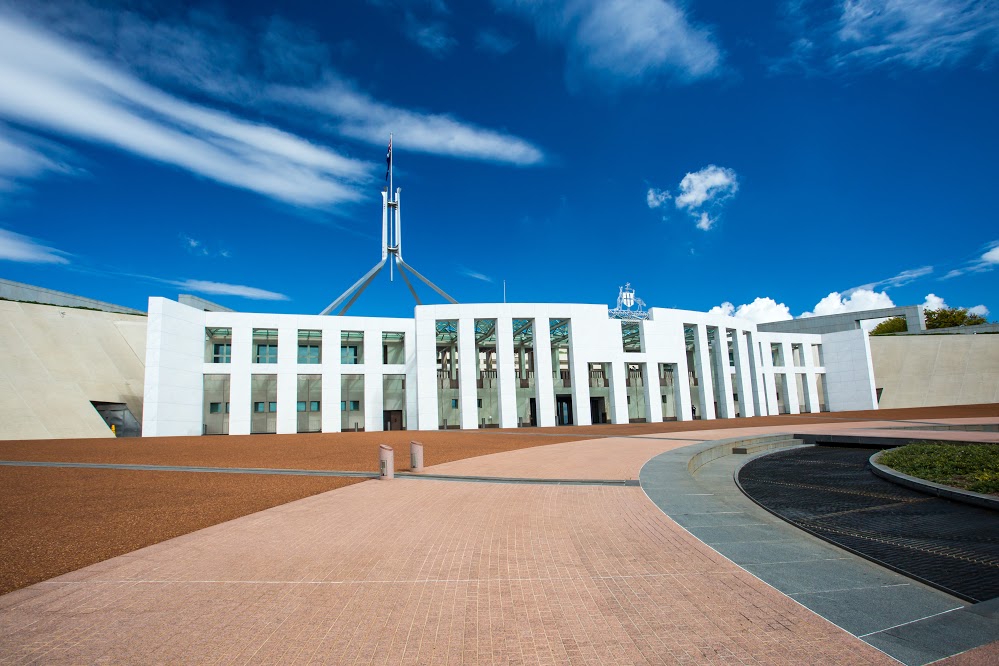SMSF investors told not to panic about election result
While the election result may trigger some short-term volatility, it’s unlikely to cause major disruptions to markets in the long term, says an economist.
AMP Capital chief economist Shane Oliver said that, with the 2019 federal election campaign now well under way, some investors may be concerned about the impact of the outcome on investment markets.
“There is definitely a clearer difference between the major parties this time, which is creating more uncertainty than in previous campaigns. But those differences aren’t as extreme in many other countries around the world,” Mr Oliver said.
“While the election result may trigger some short-term market volatility and could dampen productivity, I believe over the longer term it’s unlikely to lead to any major disruption to the Australian economy.”
Mr Oliver said that, while share markets tend to move sideways during election campaigns, once the election is over, there is often a bit of a rally.
If the Coalition wins on 18 May, there will probably be a bit of a relief rally in share markets, he said, due to a continuation of the current government being viewed as a known quantity.
“If Labor wins, I think there will probably be a bit of uncertainty, particularly due to its plans around increased taxation. Labor has a plan to increase the top marginal tax rate, and not proceed with the tax cuts the Coalition has proposed in the coming years,” he explained.
“It’s expected that a Labor government would probably result in a higher level of taxation in Australia overall, which it would allocate to sectors like health and education, and to low and middle-income earners.”
Mr Oliver said Labor has also proposed other changes which may unsettle the markets.
“It wants to wind back the capital gains tax discount, wind back negative gearing, remove franking credit cash refunds, and tax distributions from trusts at 30 per cent. In addition, it is also proposing some changes around superannuation,” he said.
“So, overall, the market would probably see a Labor win as a bit of a negative. A Labor victory would impact upon certain parts of the market, particularly housing which includes building materials companies, developers and property trusts exposed to housing. The banks would also be a bit vulnerable.”
However, he also noted that there are some positives which would help offset that uncertainty.
“To some degree, it will depend on how Labor spends the money it raises through higher taxation. If it is spent wisely, it could have a positive economic impact,” he said.
“For example, if you take money from high-income earners, who tend to save a lot of their income, and give it to low-income earners, who tend to spend a higher proportion of their income, that might boost consumer spending.”
He also pointed out that there is also a tendency for Labor governments to act fairly quickly in crises.
“It’s also important to note that, historically, Labor is pretty good at taking advice from Treasury, and therefore I’m confident that, overall, economic policy will remain reasonably sensible in Australia, regardless of who is in government,” he said.

Miranda Brownlee
Miranda Brownlee is the deputy editor of SMSF Adviser, which is the leading source of news, strategy and educational content for professionals working in the SMSF sector.
Since joining the team in 2014, Miranda has been responsible for breaking some of the biggest superannuation stories in Australia, and has reported extensively on technical strategy and legislative updates.
Miranda also has broad business and financial services reporting experience, having written for titles including Investor Daily, ifa and Accountants Daily.








